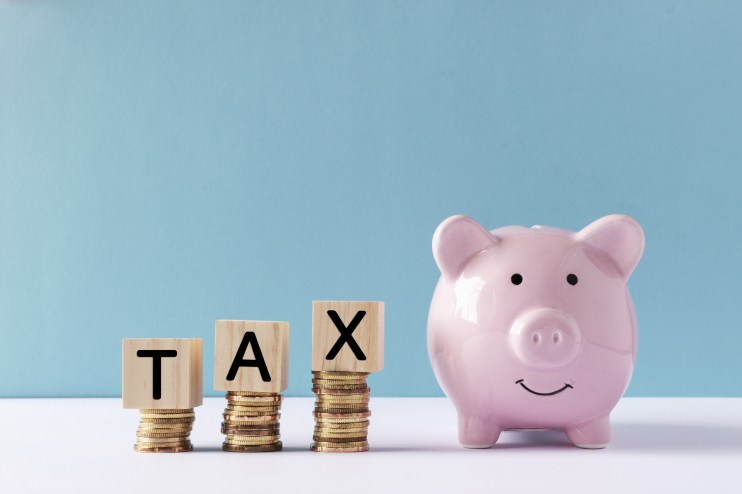
Taxation post COVID19

Following global lockdown the UK went into defensive and offensive mode with the furlough scheme, loans and other government support for almost every business and sole trader.
But that has seen a reasonably strong economic outlook disappear almost entirely for some businesses in the short space of 3 months. In turn this has resulted in Government borrowing in the region of £300 – 400 Billion which like any loan will need to be repaid at some stage.
Look back to the Budget statement and Mr Sunak portrayed a very promising outlook and in the blink of an eye it all disappeared and now HMRC is already working in the background to plan how taxes can be amended to help plug the gap in Government finances as lockdown is eased. It will be difficult because the media reported in April that tax receipts are already down by circa £26bn compared to last year. I do not see any other outcome other than the Chancellor raising taxes later this year to cover the huge amount of state aid during the coronavirus outbreak. Of course, the Government could print money, but this form of quantitative easing could lead to inflation. They could also cut spending, but it is doubtful the public will have the appetite for this, all that’s left is increased taxation.
Which taxes could increase?
The following areas have come into sharp focus: –
- Some professionals are warning of a more heavy-handed crackdown on tax evasion and avoidance, with HMRC handed additional powers
- Perhaps, the industry sectors benefiting the most from the lockdown are those in the virtual and online sector so an increase in the Digital Services Tax may be a possibility
- An increase in a newly designed ‘wealth or property tax’
- IR35 has already been amended with the changes coming into force from April 2021 so I don’t expect that to be reviewed again, but who knows
- Officials believe a one percentage point increase in the basic rate of income tax, from 20 per cent to 21 per cent, but that would be a dangerous play as every taxpayer will explicitly see this
- A VAT change is now being discussed by the Treasury, but who knows whether this is an up or down movement
- The Chancellor has hinted at increasing the amount of National Insurance contributions for the self-employed
- Treasury is understood to be considering introducing new taxes to raise revenue, including a “surcharge” to pay for NHS and social care
For those who had planned on growing their business based on company taxation lowering, that must now be reviewed. Plans that Boris Johnson had set out, promised to cut the rate of corporation tax for businesses from 19pc to 17pc in the run up to the December general election, but the policy was scrapped for obvious reasons.
All walks of life need to be prepared to see a changing tax landscape and plan to ensure that we are ready to face the next round of challenges. I am convinced that with the world starting to return to a new norm we will see a bounce back in spending and consumer confidence, but some industries will continue to suffer such as the travel and hospitality sectors.